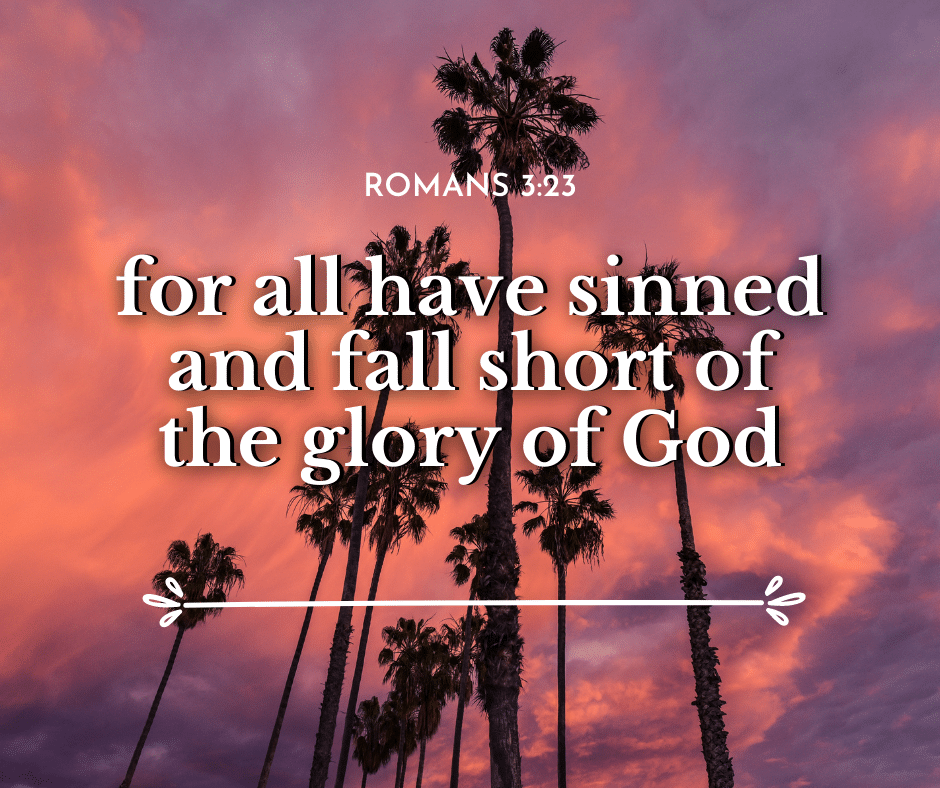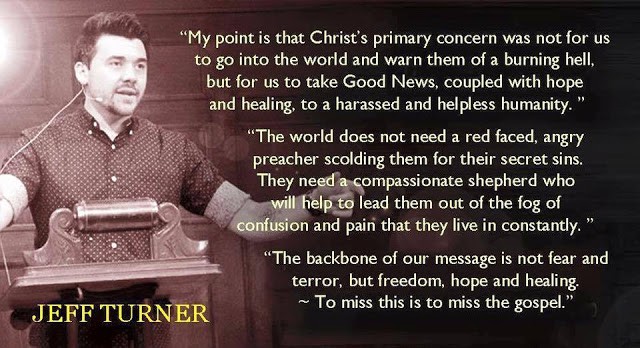Q&R with Brad Jersak – The Kingdom of God, Hell & Mark 9
Question
The Kingdom of God is a running theme in the NT for Jesus and the Apostles, with a fair amount of “who is in” and “who is out” language. How do you understand what is meant by the “Kingdom of God,” its apparent exclusivity, and what is the significance of Mark 9:43-47?
- 43 If your hand causes you to sin, cut it off! It is better for you to enter into life crippled than to have two hands and go into hell, to the unquenchable fire. 45 If your foot causes you to sin, cut it off! It is better to enter life lame than to have two feet and be thrown into hell. 47 If your eye causes you to sin, tear it out! It is better to enter into the kingdom of God with one eye than to have two eyes and be thrown into hell.
If this is following Jewish literary patterns then it seems Jesus equated “life” with the Kingdom of God and its opposite is being thrown into hell. All three of these examples seem to assume that “life/Kingdom of God” and hell are future destinations and what we do with the things that cause us to sin will determine which way we go. I assume I am missing something, is there some other way I should be thinking about this?
Response
First, the kingdom of God is complex in the Synoptics. It is sometimes here, now, among and within you, something we enter by experience through faith in and surrender to Christ. It involves living now in his reign, defined as “righteousness, joy and peace” in the Holy Spirit. But it also anticipates a culmination when the reign we live in now will extend to and final judgment (krisis) and then the restoration of all things as the entire cosmos bows the knee and confesses Christ as Lord and the kingdom is universal. So there is an already/not yet element that we experience as fulness of / eternal life, even now. And to resist that Lordship is to not experience (enter) that life (kingdom).
As for Mark 9, why did you stop at vs. 47? Because we always do, of course. But don’t. Jesus didn’t. He wasn’t even finished his sentence, thought or point.
- 48 where their worm never dies, and the fire is never quenched. 49 “For everyone will be salted with fire. 50 Salt is good; but if salt has lost its saltiness, how can you season it? Have salt in yourselves, and be at peace with one another.”
What is he doing? The last word you quoted was “hell” (gehenna). And what is Gehenna, where the worm never dies and the fire is never quenched? To some Jews, this had come to mean the afterlife judgment of burning fire. They had imported these ideas from Zoroastrian mythology in the Babylonian captivity and introduced it to popular Judaism through intertestamental apocalyptic literature like Enoch (for whom, gehenna is not eternal).
But for the biblical prophets Jeremiah and Isaiah (who Jesus is actually directly quoting), “the Valley of the Sons of Hinnom” represented the fiery destruction of Jerusalem, the burning bodies in the valley to the south of the city and the corpses of those slain in the siege. IF we take the Bible literally, it’s not “hell” (that’s a modern imposition). But IF Jesus is working with their ideas of a fiery afterlife judgment (I think he is), watch how he subverts their (and our) popular assumptions:
1. The Judgment (regardless of when, where or what) is INCLUSIVE: “For [connecting word from what he’s just said] EVERYONE will be “salted with fire.” I.e. You thought YOU [the self-righteous elect] were IN and the wicked were OUT and that YOU would be exempt from the judgment of fire? Think again. EVERYONE will be salted with fire. Paul repeats this in 1 Cor. 3. We ALL pass through the fire.
2. The Judgment is GOOD: “Salt is good.” Note that he is mixing metaphors between salt and fire. Just as Malachi 3 does with fire and soap. These are metaphors. And they all point to something GOOD. How can the fire of judgment be good? It can’t be if it is reduced to our base (and probably heretical) notions of eternal retribution without hope of reprieve or redemption. To call that form of judgment “good” would impugn the Judge as anything but Good. As David Bentley Hart says so indelicately, “Moral Imbecility.” It can only be good if it is restorative. And is this not exactly what the images of soap, salt, and [refiners’] fire indicate?
3. The Judgment is to be WELCOMED. “Have salt” is a command. We welcome the salting of fire, we actively open our hearts to the judgment. And we can do it now. This IS the cutting off of the hand and plucking out of the eye. We conspire with God as active participants in self-judgment in the here and now, applying the fire to “everything in us that is not of love’s kind” (Isaac the Syrian, George MacDonald).
4. The Judgment is INTERNAL. …”in yourselves” means that we’re not to simply dread some end-times reckoning … and yes, there will be one, of this same GOOD, cleansing and restorative nature. The fire of judgment must be welcomed to salt us INSIDE at the level of thoughts, intentions, motives and anything that defies the Good or turns from Love.
5. The Judgment is RELATIONAL. “And be at peace with each other.” Why this addendum? It seems that judgment is focused on that which violates peace with one another. Let these fires burn in us consciously when we find ourselves turning from love and violating the Great Commandment-and-its-like, which encompasses all commands and thus, defines all sin.
So apparently, Christ accommodates their language and assumptions momentarily to completely subvert them all. His words consume everything that they (and we) imagined about “gehenna for them.” It is not what they thought, better than they thought and worse than they thought all at once. So, then we don’t believe in hell? Quite the opposite: “I believe that no hell will be lacking which would help the just mercy of God to redeem his children.” (George MacDonald)










 Plain Truth Ministries | Box 300 | Pasadena, CA 91129-0300
Plain Truth Ministries | Box 300 | Pasadena, CA 91129-0300

